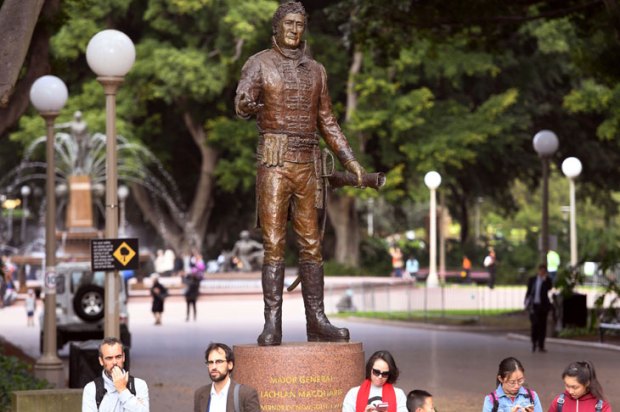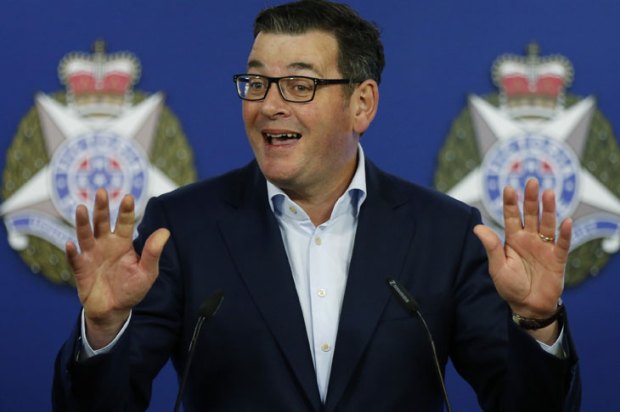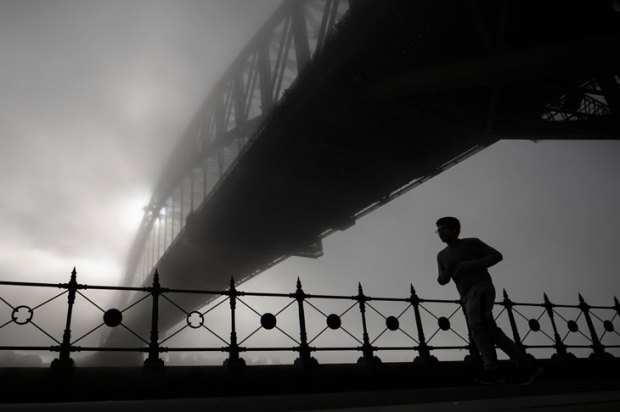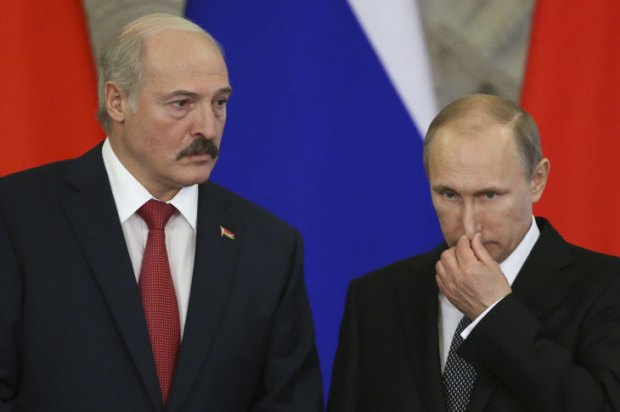Whether or not Australians get to vote on the subject of gay marriage later this year, nobody would dispute the assertion upon which the case for gay marriage is predicated; that the number of law-abiding, tax-paying, god-fearing Australians who prefer to sleep with people similarly equipped downstairs is not inconsiderable. But while no government has ever denied the existence of homosexuals in this country – as communist China’s leaders used to and Iran’s and North Korea’s leaders still do – homosexuals are not acknowledged in our Constitution. That’s why the decriminalisation of gay sex was left to the states and territories and took rather a long time – progressive ACT leading the way in 1967 and funny old Tasmania holding out until 1997, when it also conceded that the sun might not revolve around the earth. If the Constitution had acknowledged the existence of homosexuals, and if it also contained clauses facilitating discrimination against non-heterosexuals, it would of course have been amended a long time ago, and the support for that amendment would have been bipartisan and Tassie would have been forced to open its jails much sooner. Today, making up less than 3 per cent of the total Australian population, Aboriginals and Torres Strait Islanders are not as conspicuous as the gay and lesbian community, but they vastly outnumbered them in 1788, and probably still did in 1901. Is it not odd, then, that both the terra nullius clause in the Constitution which denies the existence of indigenous Australians and also the clauses which allow for them (and other races) to be discriminated against have never been removed?
I should apologise here for using the lazy and obsolete term ‘gay’ and the barely more acceptable phrase ‘gay and lesbian’. Sexuality, for most of human history considered a more or less monochromatic matter, is now known to be a vast and multi-hued spectrum which, to save space and ink, the press are obliged to acronymise. But the thing about rainbows is that they change. Ten years ago you would have gotten away with LGB and five years ago LGBT might have been considered sufficiently inclusive. Today, to minimise the chance of alienating readers you must talk about the LGBTQQP community. For the benefit of unreconstructed Tasmanians this stands for lesbian, gay, bisexual, transgender, queer, questioning and pansexual (which I was disappointed to learn does not mean wanting to shag Nigella Lawson). By the time you read this it might also be advisable to append the letters RC and CR so as to include the growing number of children in Victoria who, thanks to that state’s Safe Schools program, are now Really Confused and the even larger number of heavily medicated Gold Coast retirees who Can’t Remember. Either way, as astute readers will already have spotted, this is ethical wack-a-mole since LGBTQQPRCCR, like most acronyms, contains no vowels and a recent independent study has confirmed that vowels account for just over 20 per cent of the alphabet. Compounding the problem is the letter y, which isn’t sure whether to identify as a vowel or a consonant. In the USA, where political correctness was invented, complaints that the letter z was being discriminated against led to it being given many of the roles traditionally reserved for the letter s – as your Microsoft software constantly reminds you. Concern over the exclusion of vowels from acronyms has now become an international issue, with campaigners in the UK lobbying for the BBC to be officially renamed the BEEB, while Bruce Springsteen has cancelled six dates of his upcoming Polish tour because the names of those cities don’t contain any vowels at all.
With the possibility of referendums on gay marriage and indigenous recognition to look forward to this year it’s a wonder Australians can be bothered to have a boring old general election. So to make it more interesting Mr Turnbull decided to make it a double dissolution. DD elections don’t happen very often, of course, so many Australians aren’t sure what they entail, and some people even confuse them with double dip recessions, which is what Greece experienced a few years ago when it ran out of hummus and taramasalata.
Got something to add? Join the discussion and comment below.
Get 10 issues for just $10
Subscribe to The Spectator Australia today for the next 10 magazine issues, plus full online access, for just $10.
You might disagree with half of it, but you’ll enjoy reading all of it. Try your first month for free, then just $2 a week for the remainder of your first year.














Comments
Don't miss out
Join the conversation with other Spectator Australia readers. Subscribe to leave a comment.
SUBSCRIBEAlready a subscriber? Log in